
It’s not often that opportunity presents itself to radio sales management team – especially in this COVID-stricken environment. Everyone in radio has felt the pressure when life changed in mid-March – especially radio sales departments.
Paul Jacobs is our resident sales champion for radio. He is a frequent speaker at radio conferences (when there ARE radio conferences) on myriad topics, but especially sales. And Paul is in regular touch with radio DOSs, GSMs, LSMs – that is, any members of a management team responsible for radio.
Has has also been instrumental in conducting both quantitative and qualitative research on behalf of sales departments – among both consumers, advertisers, and agencies. And he’s an opportunity – always looking for an angle.
And for today’s post, he’s found one – an open door for radio sellers in search of a bright light at the end of this long tunnel. I’ve turned the JacoBLOG keyboard over to him for the day. And as always, your comments – good, bad, or ugly – are welcome at the bottom of this blog entry. – FJ
Sometimes, important concepts get lost in translation. So in the case of this blog’s title, let me take the role of interpreter of a couple of Yiddish words that are expressive and illustrative of today’s blog topic.
Simply put, we’re looking at how Facebook’s current problems (“tsuris”) can become a salvation (a “mechia”) for broadcast radio sales teams.
For several years running, there’s been a decided shift away from traditional media toward consuming content on digital platforms, and the dollars have followed. I have personally interviewed scores of advertisers during this period, often on behalf of state broadcaster associations, as well as commercial and public radio clients trying to help radio find its edge.
And it hasn’t been easy. Until now.
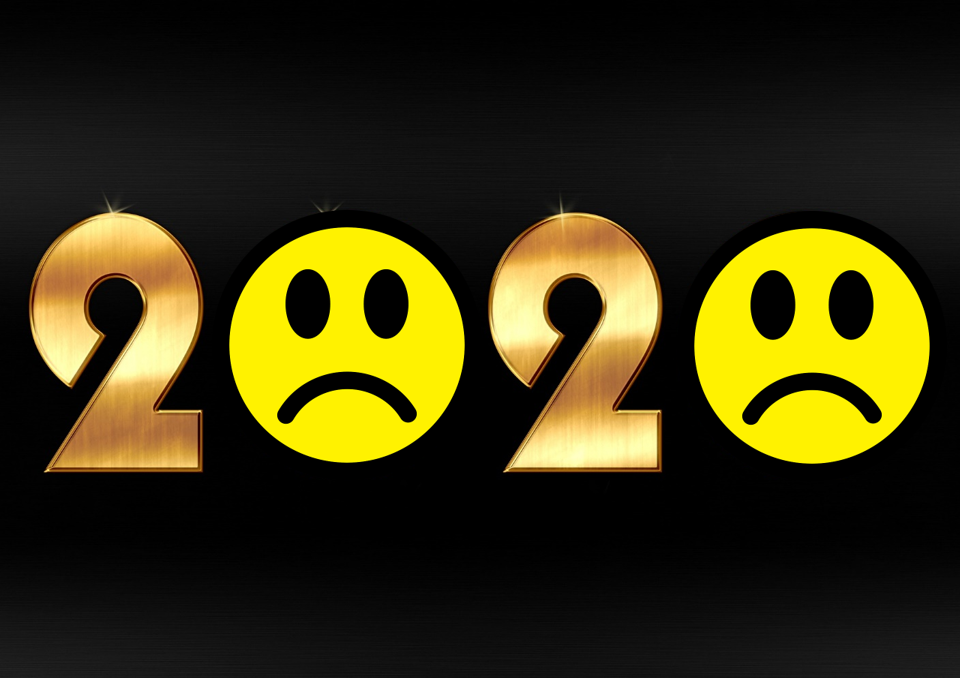 As we are learning, there is very little about 2020 that is “business as usual.” Life, as we know it, has been disrupted, personally, professionally, and of course, politically. And in this process, one door closing signifies another one opening – for radio broadcasters.
As we are learning, there is very little about 2020 that is “business as usual.” Life, as we know it, has been disrupted, personally, professionally, and of course, politically. And in this process, one door closing signifies another one opening – for radio broadcasters.
That’s primarily because of the growing challenges being faced particularly by Facebook, but now other online platforms. Here in Detroit, the old saying was that when General Motors sneezes, the rest of the auto industry catches a cold. That’s the story – and then some – with Mark Zuckerberg’s 800 pound gorilla – a worldwide advertising juggernaut that has done nothing but grow during the past decade – often at the expense of traditional advertising platforms – like radio.
But this year is a little different, due in no small part to a significant advertiser boycott that has led more than 1,000 companies to cancel their buys due to Facebook’ shaky content policies and more tepid response to advertiser concerns. This situations is disrupting the flow of advertising dollars, impacting marketing and ad spend allocations.
As a result, the radio industry finds itself in a position of determining whether it can take advantage of Facebook’s “tsuris,” and become the beneficiary of Facebook’s collateral damage.
While broadcasters have grumbled for decades about FCC regulations, it’s these very rules and standards regarding language and content that today becomes a key comparative selling point against social media. Marketers – the biggest brands like Home Depot and Liberty Mutual, as well as hometown nail salons and restaurants, can be assured their ads will be alongside content that won’t cross the line. Radio is the safe zone they require.
In my early years of radio, along with the traffic department, there was also “continuity” – a key staffer charged with ensuring commercials met FCC and our company’s standards. While this position has disappeared, it is still up to radio (and television) broadcasters to police false and misleading ads. Here’s a direct quote from the FCC’s web page:
The FCC expects broadcasters to be responsible to the community they serve and act with reasonable care to ensure that advertisements aired on their stations are not false or misleading.
In light of what is going on right now with social media marketing – especially on Facebook – the issue of protecting consumers, as well as advertisers, has never been more in play.
Scores of major brands have removed their ads from Facebook and/or cancelled entire campaigns – some with fanfare, but other under the radar. 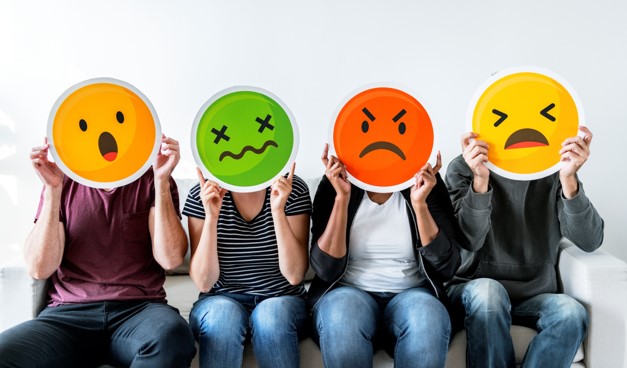 You’ve no doubt read about Disney, Microsoft, Samsung, and Starbucks, who have made no secret of their desire to get off a platform a growing number of marketers believe is toxic.
You’ve no doubt read about Disney, Microsoft, Samsung, and Starbucks, who have made no secret of their desire to get off a platform a growing number of marketers believe is toxic.
But then there are many others, including Walmart, McDonald’s, Geico, Allstate, Kellogg’s, Kohl’s, Dell, Peloton, and Ikea that have not hid their growing disdain with Facebook, according to a recent story in Business Insider.
Zuckerberg will be back in front of Congress tomorrow, defending his company’s dominance of the tech and advertising landscape. But his problems are amplified, including unrest within his own ranks. Last month, Facebook employees staged a “virtual workout” (most are working remotely, of course), pushing back against company policies. And all the while, millions of ad dollars have now left Facebook, and will more than likely be deployed elsewhere. And to that end, there’s been much conjecture about which media will pick up the slack.
In a recent article in The Drum – “Imagine There’s No Facebook, Where’s the Easy Media Buy?,” John McCarthy explores where those dollars are likely to go.
McCarthy runs down the list of usual suspects – Google, e-commerce with digital video ads, and Facebook competitors such as Twitch and TikTok.
But what about traditional media? Kristy Schafer, VP of Americas at data management platform Permutive observes, “(Local) Publishers hold the keys to the future of advertising. They have the legal and technical relationship with the user. This puts them in a unique position to target users through a first-party relationship while respecting their privacy.”
This local opportunity has been a key target for Facebook for some time now. Back in May, we wrote a blog post warning about Facebook’s focus on 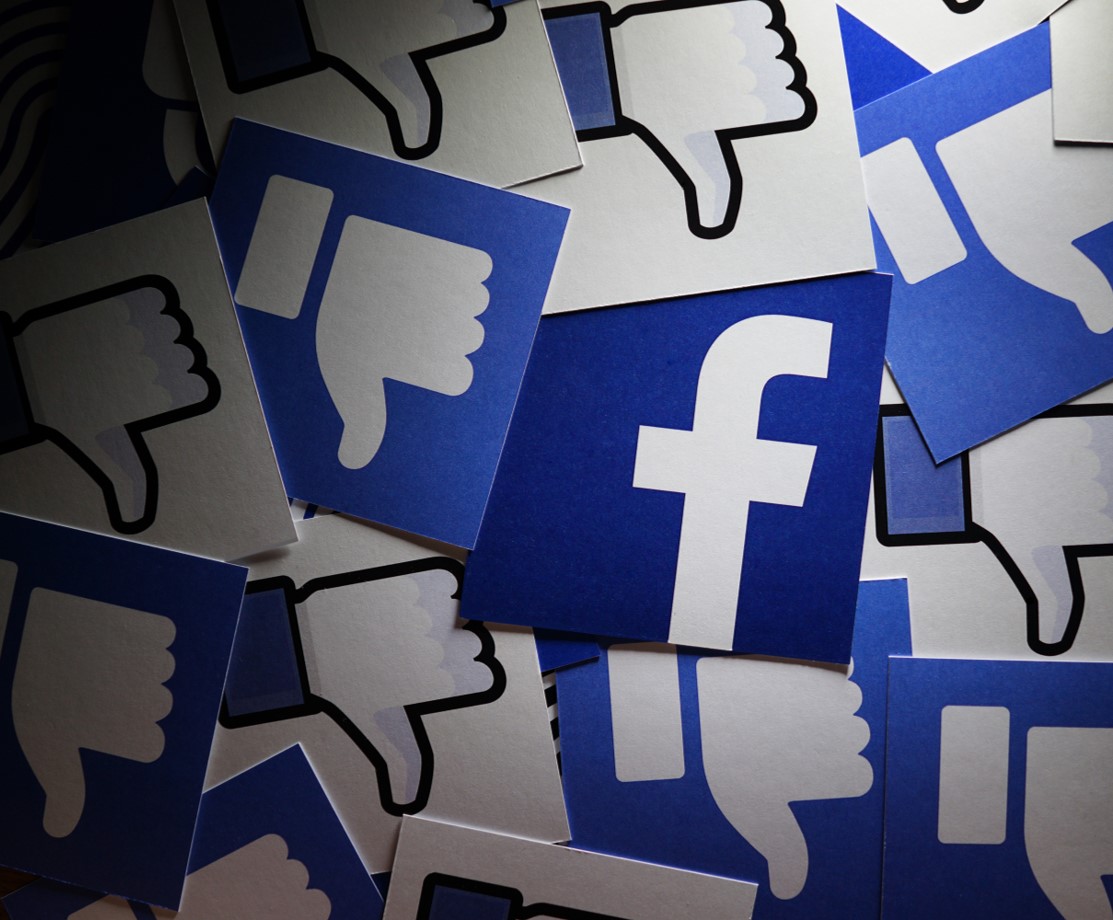 local business:
local business:
“Sure, Facebook can help get them online, but who can talk about a local business with knowledge, context, persuasiveness, and authority better than a local radio station?”
Facebook’s has now hit marketing pothole, facing waning credibility, as well as intense criticism internally and externally.
But that won’t be enough to shift dollars into broadcast radio’s coffers. Advertisers who have been successfully relying on social media marketing need to be re-sold on broadcast radio’s strengths and power in the local marketplace.
Simply put, Facebook (and other digital media platforms) can’t be as responsive to local needs, especially when copy needs to be changed at the last minute or other human contact is necessary. This is a decided advantage for radio.
A newly released study from Magid commissioned by the Local Media Association examined a group of 30 agency and advertiser execs about their future media plans. “2020 Advertiser Assessment Of Local Media Digital Advertising” confirms the growing shift to digital. But the researchers identified opportunities for local media outlets – like radio stations – that have modified their model, creating a combination of on-air and digital options:
What can radio broadcast sales teams offer advertisers?
- The ability to package legacy and digital products
- The ability to buy other types of digital advertising like search or social without having to meet minimum spend
- Value in proximity and the local approach
- Unique proprietary products
Not every radio sales team can meet all four requirements, but many can deliver several of these attributes. At a time when social media platforms and other digital outlets cannot provide safety guarantees, local broadcasters may have a way to get back in the game.
This was reinforced yesterday by Nielsen’s Brad Kelly when Radio Ink published his “An Open Letter To The Ad Industry.” It’s a worthy read for 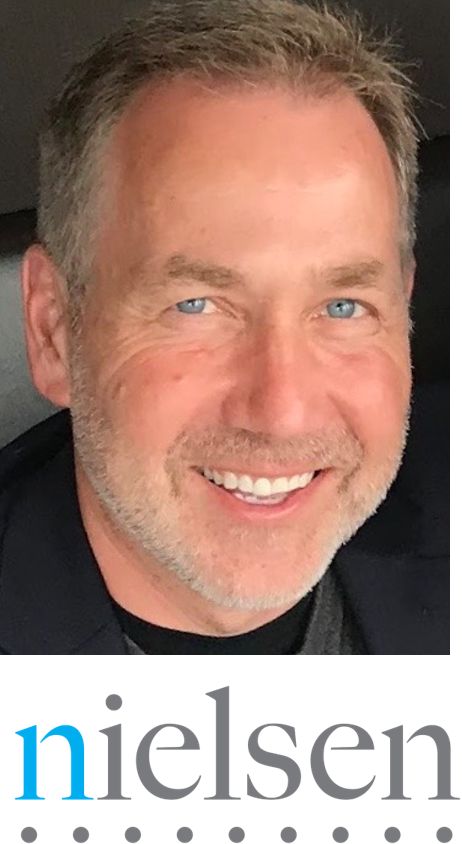 anyone in broadcast radio and speaks to the social media issue. Here’s a key observation:
anyone in broadcast radio and speaks to the social media issue. Here’s a key observation:
“Fortune 500 companies are beginning to draw a line in the sand perhaps due to big business’ re-awakened sense of social responsibility, or the realization that they’ve been sunning themselves next to a cesspool. In either case, billion dollar advertisers are increasingly hitting the pause button on social media to deliver their brand message.”
Kelly provides two revealing charts that should become foundational to any broadcast radio sales pitch that attempting to attract ad spend away from social media and toward traditional platforms. While he combines radio and television in these two charts, the point is that while social media marketing has been the bright, shiny object, it can’t compete with traditional media in terms of both reach and efficiency.
The first chart compares the impact and efficiency of a media buy that’s 100% social media, with one that’s 50:50 radio and TV.
The comparison is stark: The radio + TV buy has nearly double the reach, close to 50% more frequency, almost three times the impressions and GRPs, and most importantly, a CPM that’s a mere 40% of social media’s expense:
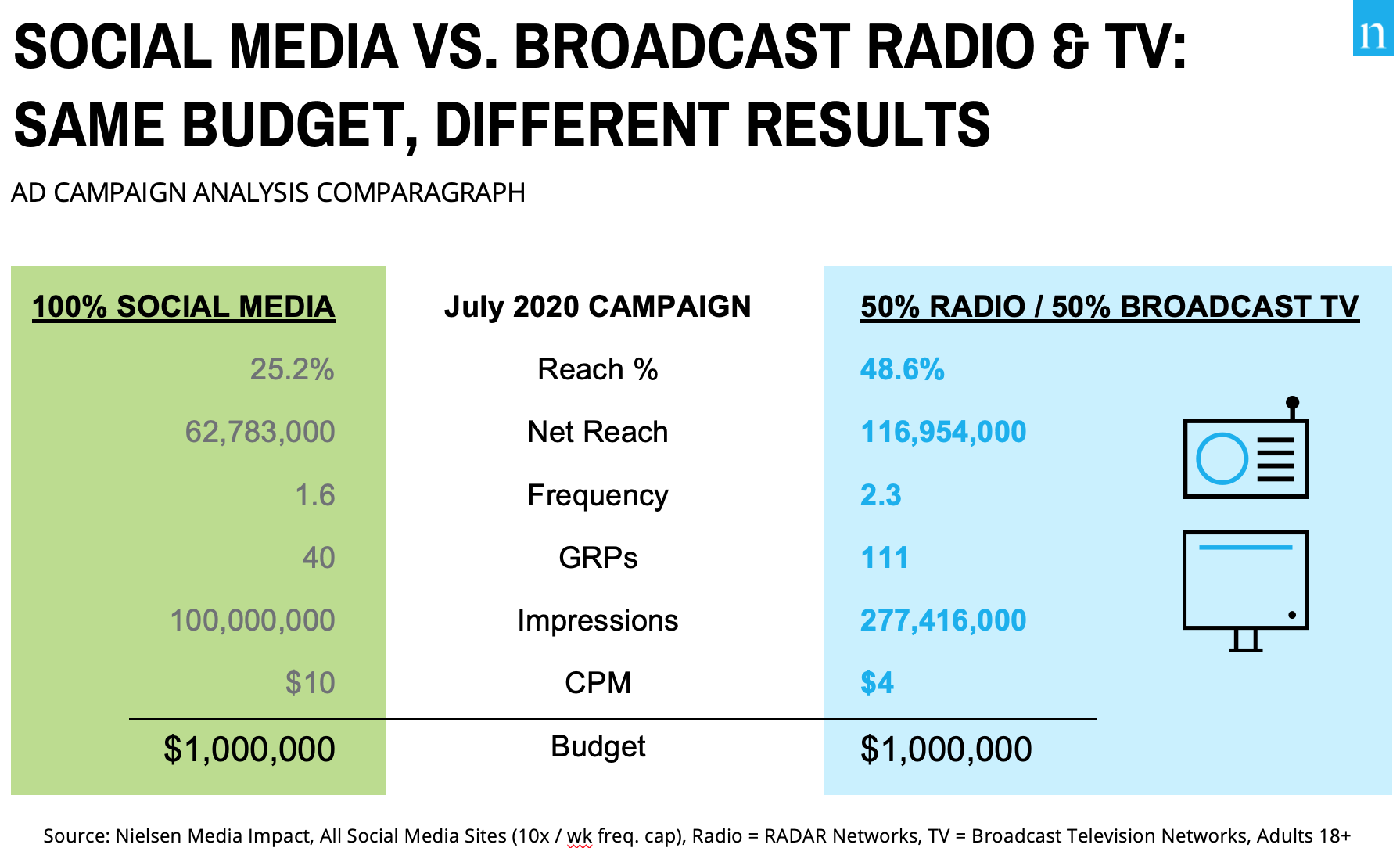
Kelly’s second chart is every bit as compelling because it underscores the idea that more money allocated to radio and television at the expense of social media accelerates a campaign’s total reach:
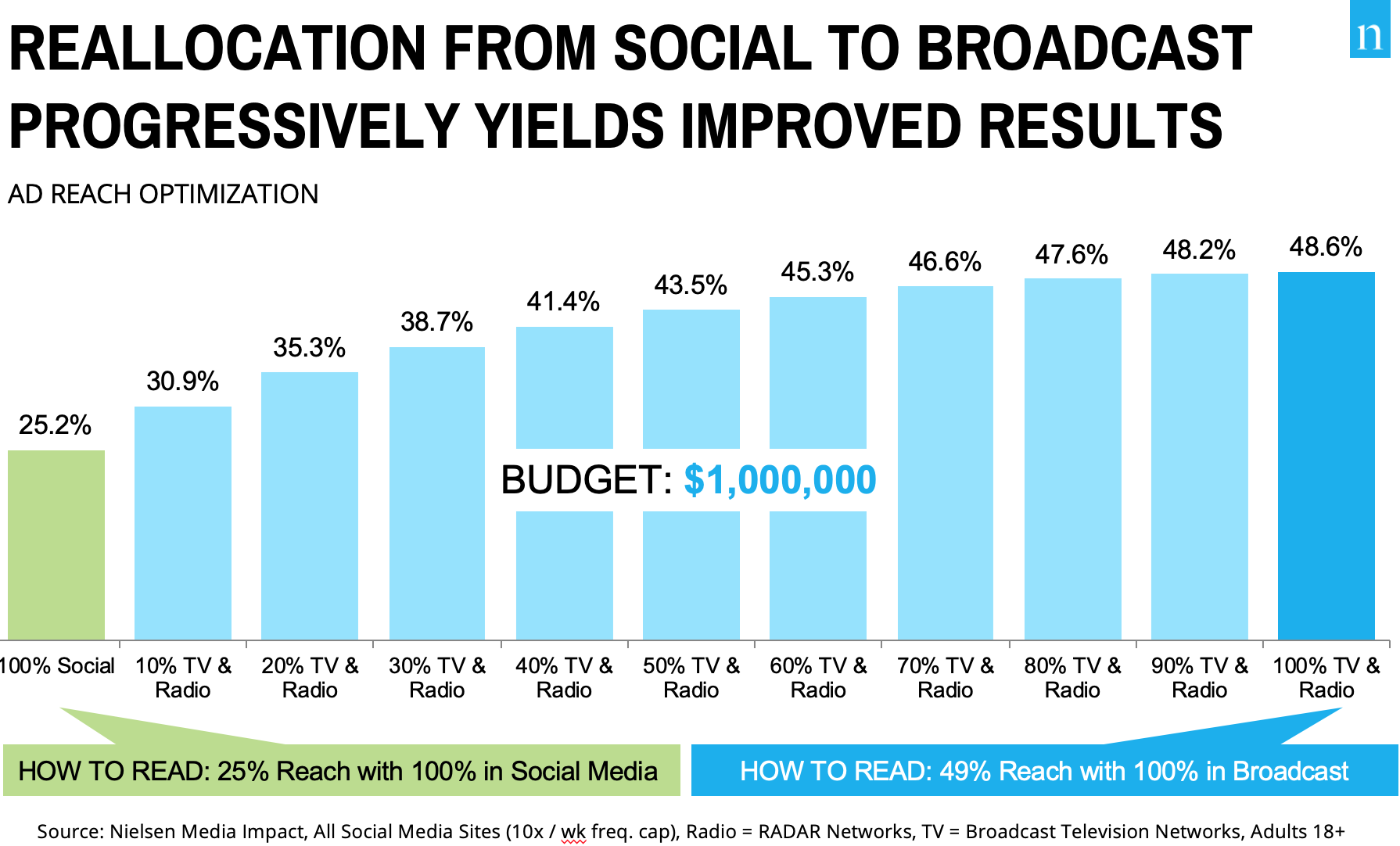
And this performance comes without the fear of having an ad run next to a political screed, hate groups, or highly questionable content. On Facebook, you just don’t know who’s next door or who’s lurking around the e-corner.
A story in the Washington Post last month – “Facebook is working hard to persuade its advertisers to abandon their boycott. So far, they aren’t impressed” – interviewed some of the more than 750 advertisers saying “no” to Facebook, tired of seeing their ads ending up in a “bad neighborhood.
One of these is founder/CEO Kate Beauchamp from Birchbox, a beauty box subscription company, who pulls no punches:
“What we’re most focused on is profiting from perpetuating prejudice, racism and hate. We’re not as focused on any reparations (make-goods) based on where our advertising shows up.”
As a result, she points out that Birchbox is now “aggressively” exploring other platforms and media on which to market her line of fashionable products.
So, what does this mean for local radio stations?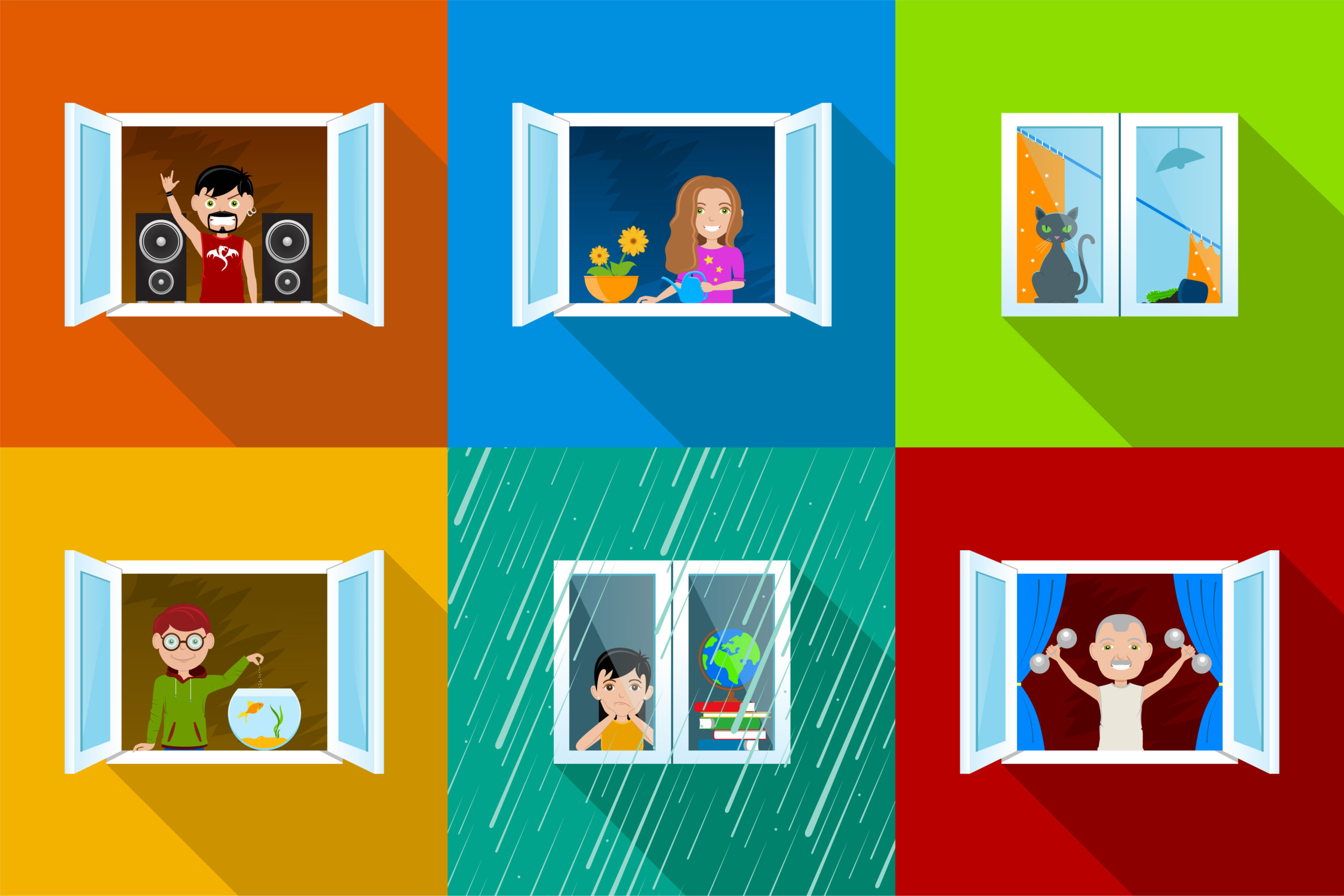
With falling demand for spot advertising, radio needs to continue down the path of developing strong digital options, while also ensuring its sellers are emphasizing the medium’s positive commercial environment – a better neighborhood for advertising and marketing.
This becomes even more critical in a landscape where dollars are clearly shifting, and the speed bumps Facebook and other social platforms are facing are becoming more ubiquitous, freeing up ad budget looking for a safe place.
This isn’t rocket science; it’s just facing the facts. None of us can control the coronavirus. But we can control how we guide and manage our businesses. And given the growing loss of confidence in social media’s safety and reliability, there are digital dollars out there.
In the world today, there’s no shortage of michegas – craziness and uncertainty are running rampant. But when one door closes, another one opens
It’s time for radio broadcasters to figure out a way to walk in – and cash in.
- For Radio, Will It Be Christmas In April (And Hopefully, May)? - April 21, 2025
- The Revolution Will Not Be Monetized - December 30, 2024
- What Kind Of Team Do You Want To Be? - October 4, 2024




Today’s post has me kvelling about our future
I knew the Yiddish retorts would start flying, but honestly Mike, you weren’t at the top of my list! But you bring me nachas!
Yes Paul I am all verklempt, and encourage you to “talk amongst yourselves”. But seriously, this is good stuff. Brad’s been doing yeoman’s work talking to marketers about traditional media. But we must make use of the digital tools we have to enhance targeting, as you suggest, in combination with our efficiency with radio.
Which is better: being verklempt or having schpilkes?
Seriously, at a time when radio needs to grow revenue, emphasizing strengths up against Facebook is imperative. And Nielsen has done good work here for salespeople to take the story to their clients.
ha. I’m no linguist…but guessing verklemt is better. Shpilkes seems like it’s negative…more agitated. Like “going in to Western Media back in the day for an annual gave me shpilkes.”
🙂